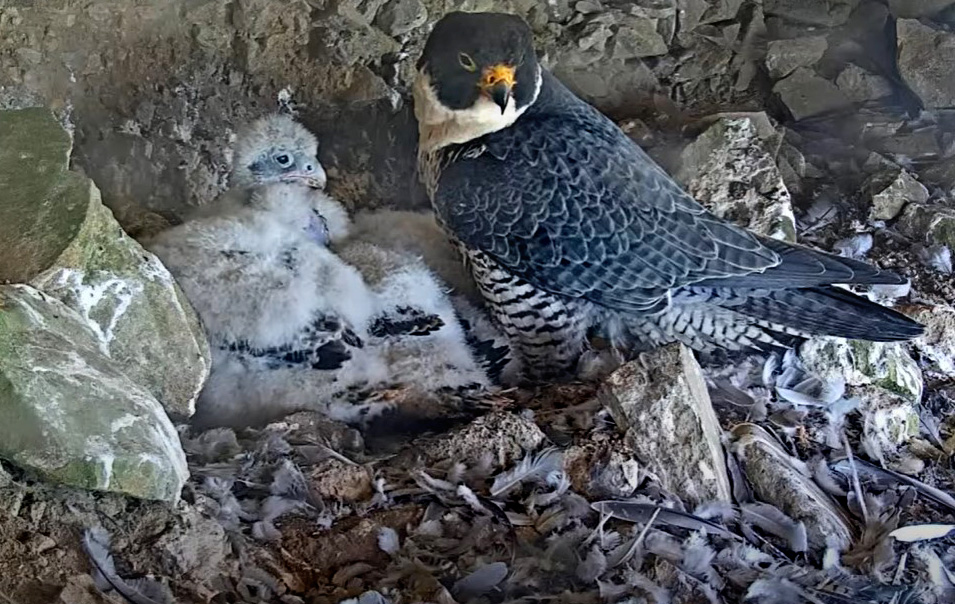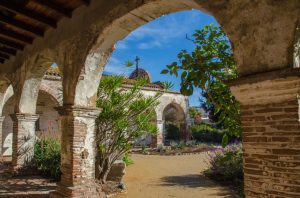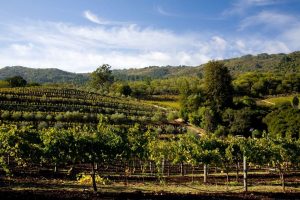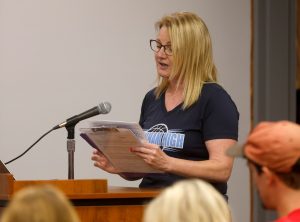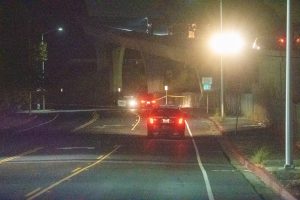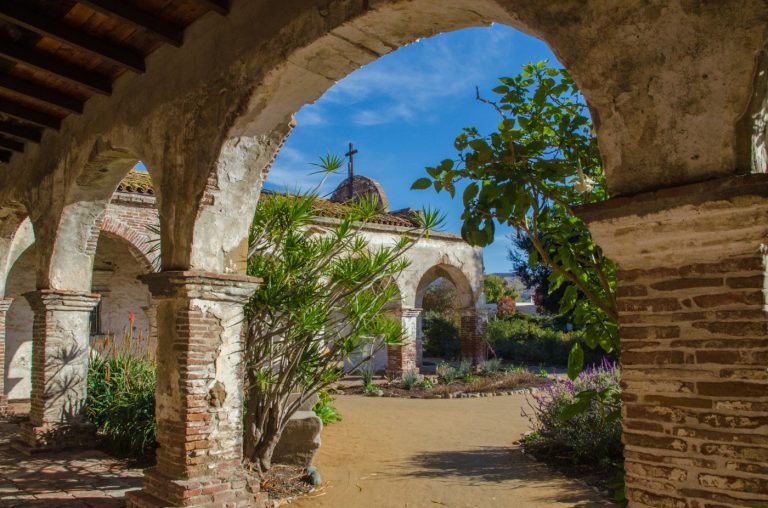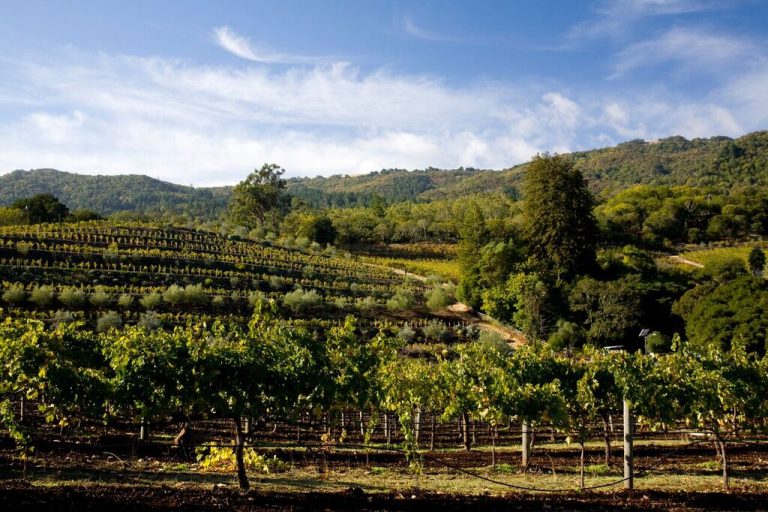Move over Al Capone. There’s a new star at Alcatraz. A different type of jail bird.
She fast. She’s sleek. And she has four sidekicks. Biologists from the National Park Service have turned on a live streaming public web camera featuring “Larry,” a 6-year-old peregrine falcon who built a nest several years ago on the famed 22-acre island in San Francisco Bay that was once was home to America’s toughest federal prison.
The female bird, whose full name is Lawrencium, was the offspring of two of the famed peregrine falcons at UC Berkeley’s Campanile tower, Annie and Grinnell. In 2020 she became the first peregrine ever recorded nesting at Alcatraz, a rocky island that receives more than 1.7 million tourists a year.
Larry had four fluffy chicks several weeks ago in a nest at a hidden oceanfront cave on the side of the island, away from the famed former prison. And now the public can watch her raise them, feed them, and fawn over them, 24-7.
“We want to highlight the wildlife we have here on the bay, and how these birds are thriving and surviving in this urban area,” said Lidia D’Amico, a National Park Service biologist on Alcatraz. “I think its the coolest thing.”
The camera was set up with the help of the Golden Gate National Parks Conservancy, a non-profit group. It can be viewed at www.parksconservancy.org/FalconCam
Peregrine falcons are the fastest birds in the world, able to dive in the air at more at 200 mph — roughly three times as fast as a cheetah runs — as they are hunting other birds.
After nearly going extinct in the 1970s due to the now-banned chemical DDT, they have rebounded steadily in numbers and were removed from the endangered species list in 1999. The birds like to nest in high up areas, and have made prominent homes in recent years on top of bridges, tall buildings, cliff faces, and other perches across California and the United States
Other peregrine falcon nest webcams at UC Berkeley and the top of San Jose City Hall have captivated the public over the past 20 years, drawing hundreds of thousands of viewers.
“A lot of people are surprised to find out that a of prey bird like this, a symbol of wilderness , can be living in urban areas and doing so well. People really fall in love with them,” said Zeka Glucs, director of the Predatory Bird Research Group at UC Santa Cruz.
Webcams help scientists track the behavior of peregrines, condors, eagles and other birds, without being too intrusive. They also generate excitement among students and families, build support for research programs, and the laws that have brought the birds back from the brink of extinction 50 years ago, she said.
DDT, a widely used pesticide 1950s and 1960s, made the eggshells of many birds thin, causing them to be crushed in nests. It devastated populations of eagles, brown pelicans, peregrine falcons, and other birds. After President Nixon banned the chemical in 1972, the recovery began.
By 1975 there were only 324 known breeding pairs of peregrine falcons in the United States. Today, there are about 3,000, and 400 in California alone. The birds, along with other success stories like the gray whale, American bison, and bald eagle, are commonly cited as an example of how species that are in serious decline can be rescued if scientists, conservation groups and political leaders work together.
“It is awesome we even have these nests to watch,” Glucs said. “They are an emblem of success, and a flagship species for the Endangered Species Act. But it was close, because of DDT.”
Ever since Larry arrived at Alcatraz in 2019, the neighborhood changed. She and her male mate, who doesn’t have a name, instantly became the top predator on an island known for its bird life.
They have dive-bombed and taken out pigeons, gulls — even a goose.
They feed their four chicks, who were born in mid-April, regularly, bringing in various meals after hunting. The chicks will be big enough to leave the nest by June.
The birds put on a regular show, which can be habit-forming to watch.
“Their behaviors are very recognizable,” Glucs said. “There are a lot of parents who feel empathy for the peregrines because they have to constantly feed their young, and keep them warm and happy when they aren’t always cooperating.”
A former maximum security prison, Alcatraz operated from 1934 to 1963, housing such hardened criminals as mobster Al Capone (who played banjo in the inmate band, the Rock Islanders), George “Machine Gun” Kelly and Robert Stroud, a convicted murderer who became known as “The Birdman of Alcatraz” because he had studied ornithology while at Leavenworth Prison, and written a book, Diseases of Canaries.
Although the windswept island is known for its history — as a military prison in the 1800s, then America’s most famous end point for bank robbers, murderers and mob bosses in the mid-20th century, it also has considerable natural features.
The island, named “La Isla de los Alcatraces” (The Island of the Pelicans) by Spanish explorer Lt. Juan Manuel de Ayala in 1775, is home to tide pools, cliffs and a variety of wildlife, including cormorants, gulls and harbor seals.
And after Thursday, when the new peregrine nest cam went live, it also will be known as a stage for the world’s fastest bird. With new episodes live every day.
“It’s a huge win,” Glucs said. “I think they are going to get a lot of viewers. You can hear the soundscape of sea birds and waves on the webcam. And see different kinds of prey coming into the nest. It’s a different experience from the city nests.”
